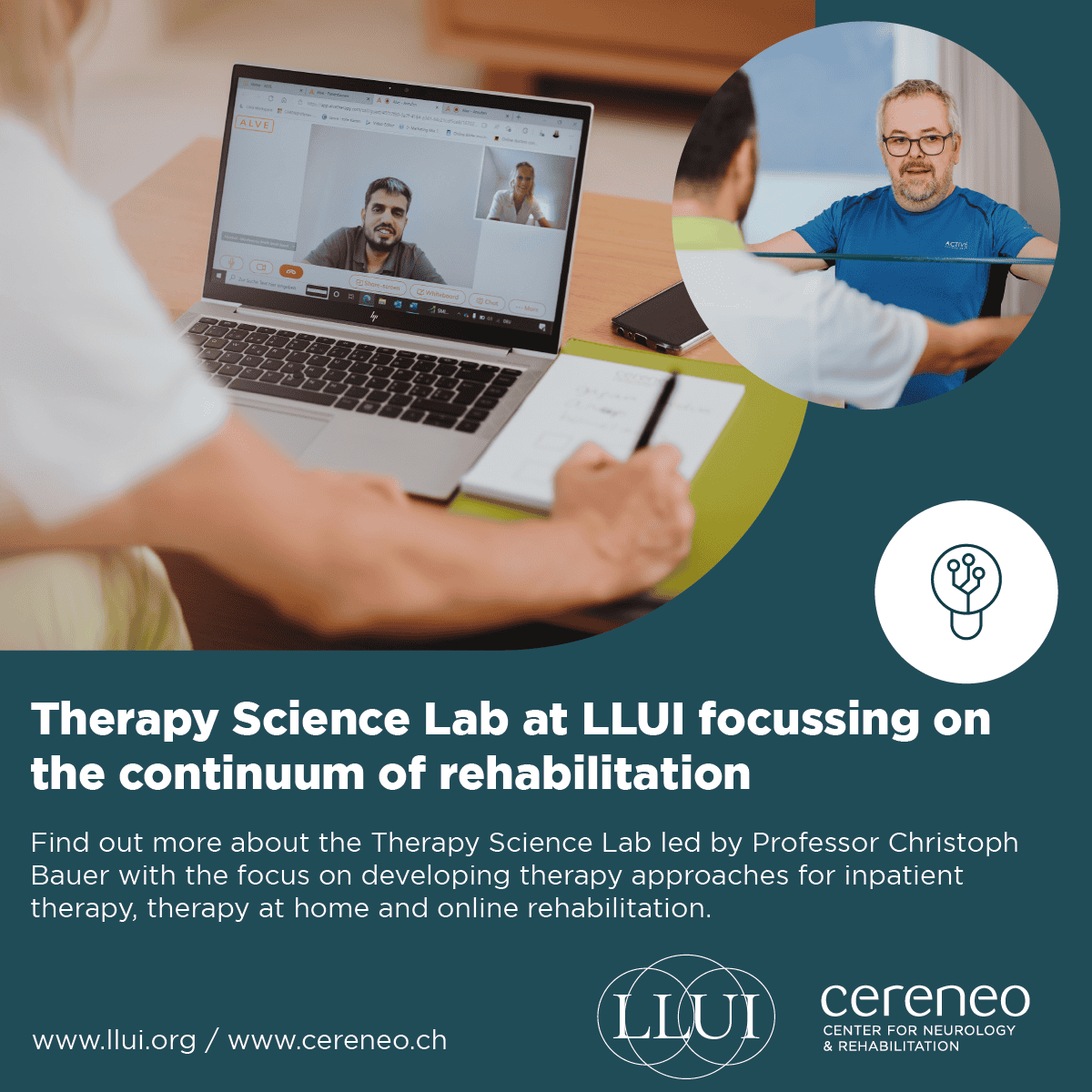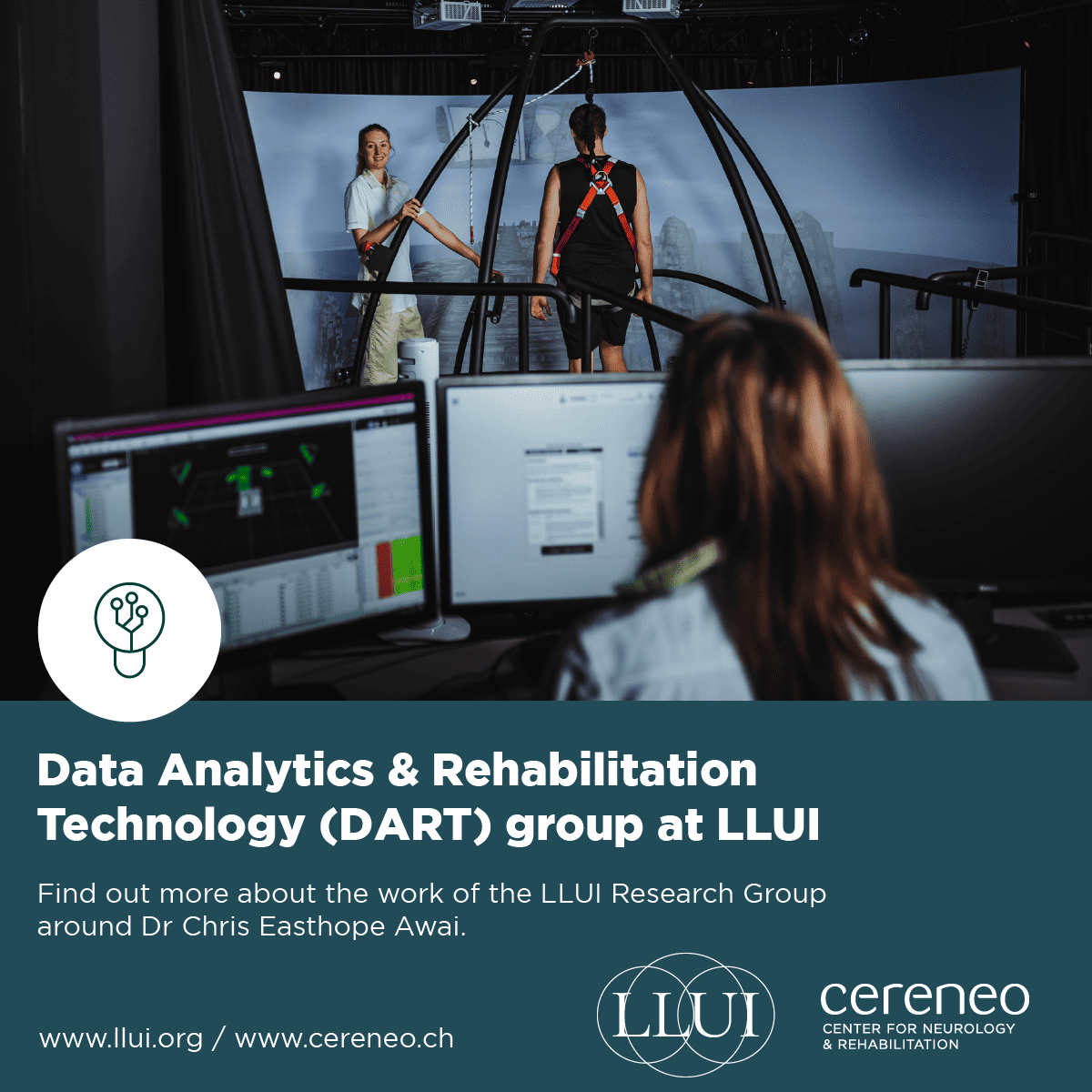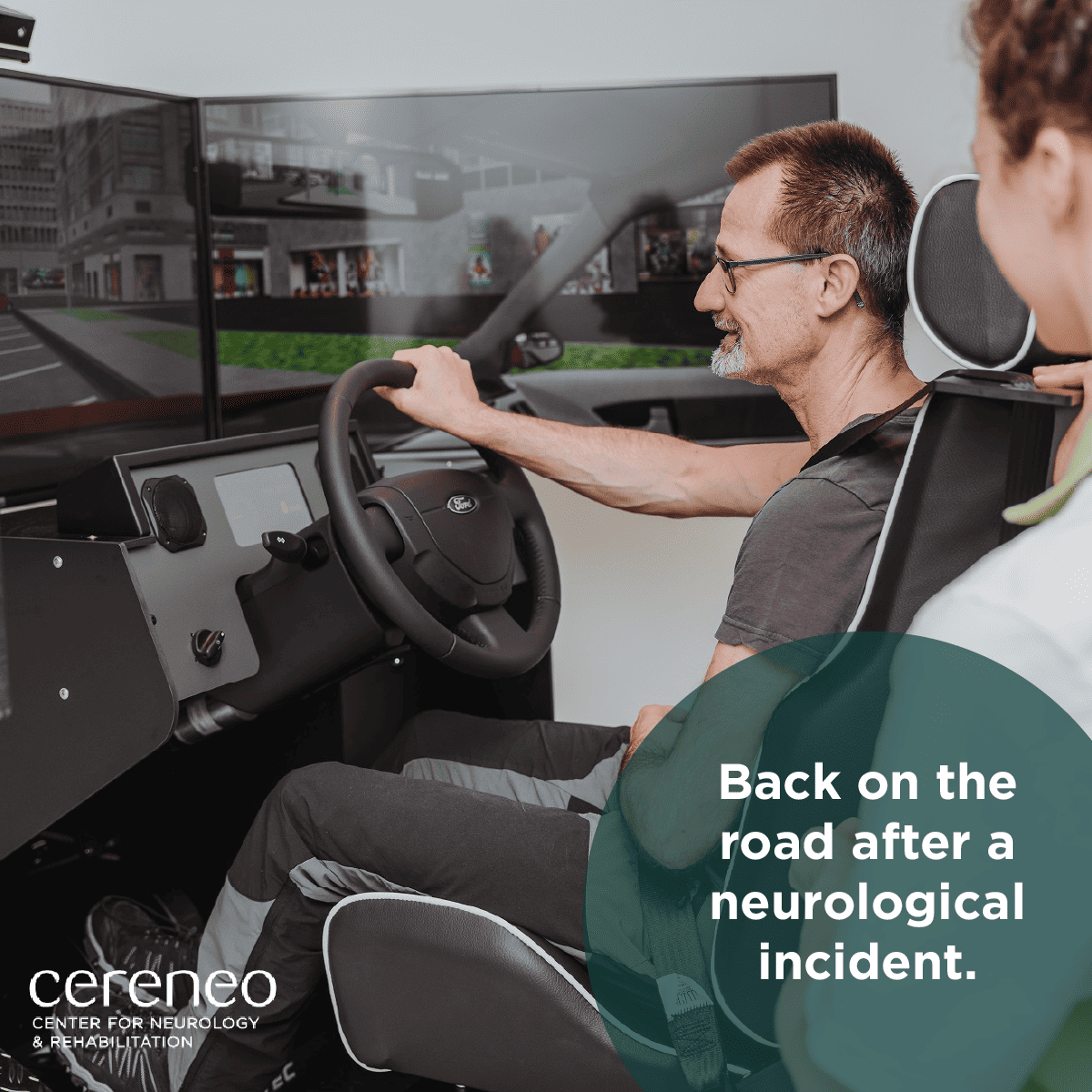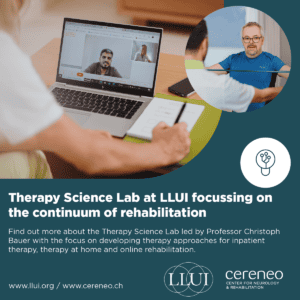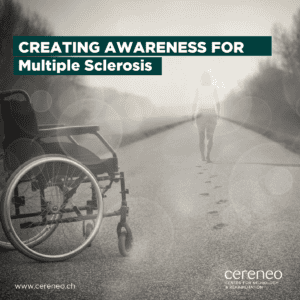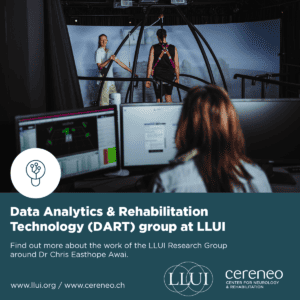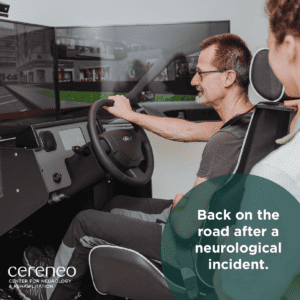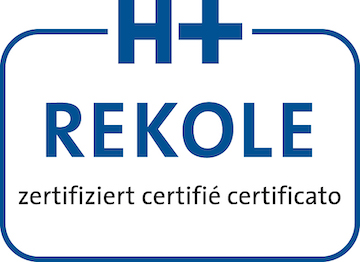Motivation is a crucial factor for how much time and effort somebody wants to spend on a certain activity. Therefore, rehabilitative training is more effective if the patient is motivated.
However, motivation is determined by weighing costs against benefits. In terms of rehabilitation, the most obvious benefit is the recovery of functionality, but the improvements might be small and protracted. Rewards augment the overall subjective benefit of an activity, making people tolerate higher effort. Our therapists thus intensify the rewarding experience by explicitly telling the patient how well they performed. In addition, similar to commercial fitness apps, we use their performance data as feedback to encourage our patients.
In functional brain imaging studies, such performance feedback has been shown to elicit robust activation of brain areas known to be involved in reward processing. In our own research performed at cereneo, we were able to show that good performance rewarded with money in addition to performance feedback improves the way healthy people learn a motor task. The neuronal processes responsible for this improvement might also support motor recovery after a stroke. This concept is thus currently under investigation.
To summarise, although we do not (yet) pay our patients for their effort during training, there is scientific evidence suggesting that additional rewards during rehabilitative training can improve its efficacy. Besides monetary rewards, social rewards (smileys, praise), food rewards (sweets, dietary allowance) or token programmes are options that can be implemented in therapeutic situations.

